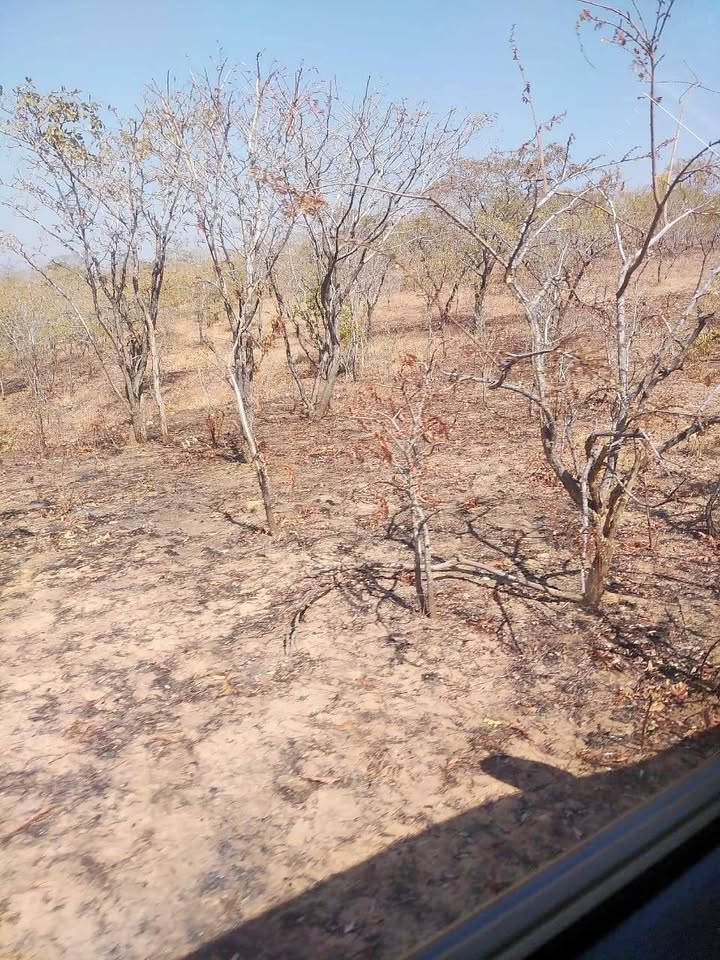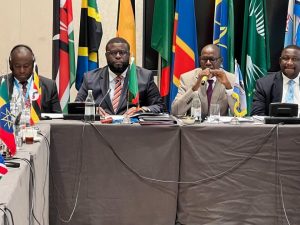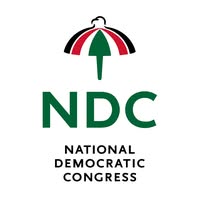Government says it is in the process of crafting a framework to address rising boundary disputes between chiefdoms due to lucrative carbon credit benefits.
Eastern Province Jurisdictional Sustainable Landscape Project (EPJSLP) Project Coordinator, Noel Muchimba says the government is actively engaging chiefs to address the rising cases of boundary disputes among chiefdoms.
ZANIS reports that Mr Muchimba said government is aware of encroachments on land in chiefdoms in the region due to the lucrative benefits tenable from carbon credits and trading in the various chiefdoms.
Mr Muchimba observed that the more hectares of forests a chiefdom has and provides for carbon credits, the more money it is likely to collect, hence the boundary disputes.
He said the government developed the EPJSLP in order to address gaps in forest management, conservation and promote accountability and fairness in the sharing and distribution of monetary benefits from carbon credits and trading.
“This programme is an emission-based reduction programme, where in Eastern province we are targeting to record and verify about 29 million tonnes of carbon by the year 2030.This programme is also nesting existing projects under COMACO and BioCarbon Partners,” said Mr Muchimba.
The World Bank funded project, which will run from 2024 to 2030, replaced the Zambia Integrated Forestry Landscape Project (ZIFLP) which wound up in February 2024.
The EPJSLP is expected to build on the successes of ZIFLP by promoting and supporting payments for performance of emission reductions across Eastern Province and will benefit all 57 chiefdoms in Eastern Province.
Mr Muchimba disclosed that the government has signed an agreement with the World Bank for the purchase of Carbon credits.
“So far, government has an agreement with the World Bank to purchase 50 million worth of those credits, Additional carbon credits will also be traded with other buyers, who will be interested, like Google, Shell, BP,” said Mr Muchimba
He said Zambia projects to produce 29 million tonnes of carbon credits that will be shared between communities in chiefdoms, carbon trading partners and government institutions.
And Eastern Province Permanent Secretary, Paul Thole, says the government will not hand out carbon credits as grants and expects all chiefdoms and their subjects to work hard in order to collect benefits from the carbon credits and trading programme.
Mr Thole said chiefdoms must earn the carbon credits by ensuring that they work hard in applying and practicing smart agriculture practices and forest management techniques that address climate change effects on agriculture and forests.
“These are not carbon credit grants, no. The money must be earned…meaning people must practice certain methods or practices to earn the money, meaning our ways of farming must be those which will try and mitigate the carbon effects on climate change,” said Mr Thole.
Mr Thole acknowledged that ZIFLP had a huge impact on the socio-economic wellbeing of people in the rural parts of the province and that its migration to EPJLSP is expected to reach more beneficiaries in the province in 57 chiefdoms.
The Permanent Secretary said under the EPJSLP model, the government wants to ensure that interests of communities are prioritized, enhanced and secured.
“Our partners, COMACO and BCP performed well under difficult circumstances, but the Government has come in to ensure that we level the ground. There must be fairness in sharing, there must be transparency,” said Mr Thole.
The provincial permanent secretary is thrilled that the project will enhance livelihoods and help protect the environment through the various interventions.





